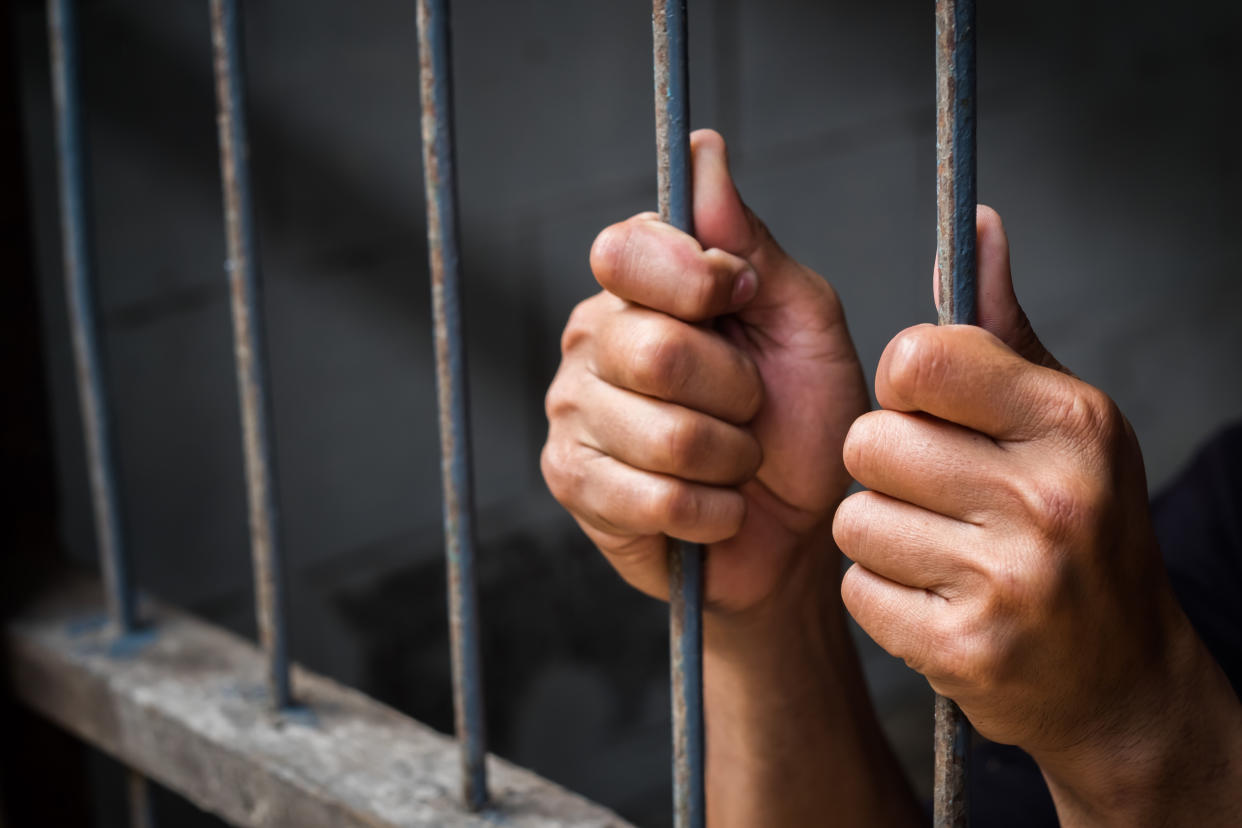Detention without trial in Singapore: Changes to law to take effect on 1 Jan

Amendments to Singapore’s Criminal Law (Temporary Provisions) Act will take effect on 1 January, when a list of criminal acts in which the suspects may be detained without trial will be spelled out.
To be detailed in a new Fourth Schedule to the Act, the list of criminal acts will include secret society activities, unlicensed moneylending, drug trafficking and those covered under the Organised Crime Act. Previously, there was no such prescribed list.
The amendments were passed in Parliament on 6 February, said the Ministry of Home Affairs (MHA) in a media release on Tuesday (11 December).
Act is to be used ‘judiciously’
The Act, which has been in force since 1955, provides for the maintenance of public safety, peace and good order through the detention and supervision of persons associated with activities of a criminal nature, through the issuance of Detention Orders or Police Supervision Orders (PSO).
MHA said it is to be used “judiciously” and only in cases where prosecution in court is not possible, like when witnesses are fearful or unwilling to testify. It has been used against secret societies, drug syndicates and in serious crimes that threaten public safety, peace and good order.
The amendments are a response to a Court of Appeal’s decision in 2015 to free alleged match-fixing kingpin Dan Tan, a Singaporean. The court said his detention under the Act was unlawful as his offence did not fall within the scope of the legislation.
List will ‘restrict Minister’s exercise of powers’
MHA said in its media release that setting out the list will, in effect, “restrict the Minister’s exercise of powers”.
“It also increases accountability on which types of activities could be the subject of a detention order,” it added.
Following the changes, the law will also be extended for another five years when the current Act expires on 21 October, 2019. It will be the 14th extension of the Act, which lapses every five years unless renewed by Parliament.
The Act will also clarify that the Minister’s decisions are final on matters such as as whether a person has been associated with activities of a criminal nature, and whether it is necessary to detain such a person in the interests of public safety, peace and good order.
Holistic rehabilitation
The ministry statement on Tuesday also said the changes would allow holistic rehabilitation for those under PSOs, as the minister can prescribe new obligations, like counselling, to cater to individuals’ needs and risks.
The amendments generated a four-hour debate in Parliament when it was proposed in February, as MPs had questioned whether the finality clause would limit judicial review.
Home Affairs Minister K Shanmugam had clarified during the debate that it would not, because the courts can still review the minister’s decisions based on the traditional tests of illegality, irrationality and procedural impropriety.
The number of suspects detained under the Act has been falling, according to the annual reports of the prison service. There were 136 in 2014; 118 in 2015; and 109 in 2016.
Other Singapore stories:
Jailed: Man who got drunk and called cops 31 times on day of prison release
2 weeks’ jail for bouncer who punched nightclub patron in drunken rage
Alcohol abuse on the rise in Singapore, according to mental health study



